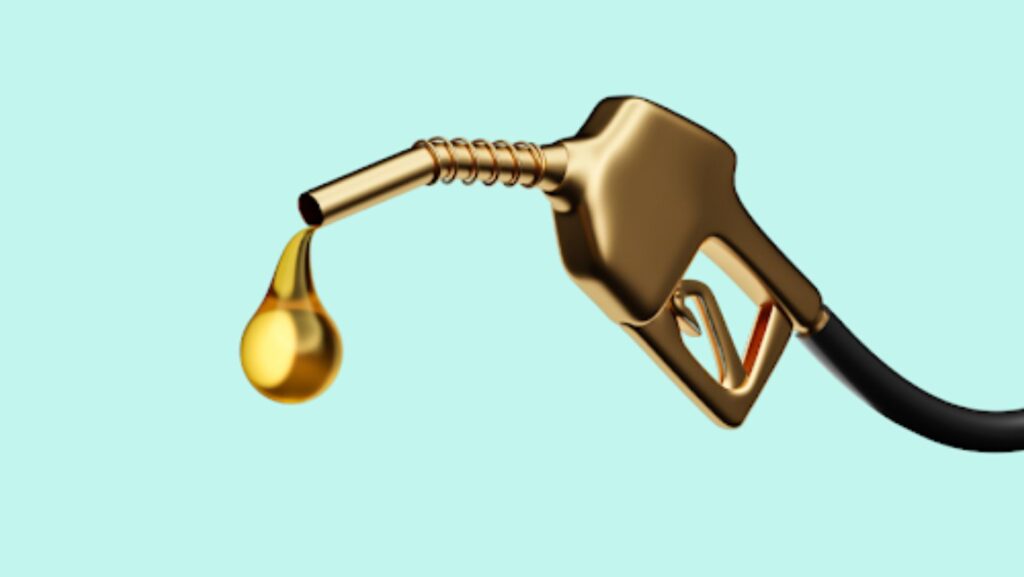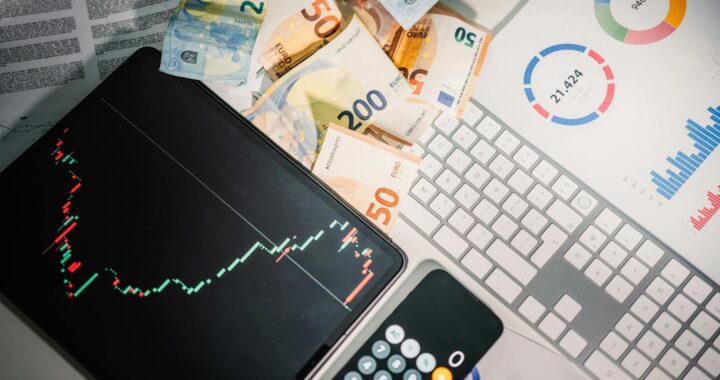
How Fuel Theft Impacts Everyone
Fuel theft is one of those issues that seems small until you dig deeper. It’s not just about a tank being siphoned here and there. The consequences? They ripple outward, touching businesses, consumers, and even the environment.
Gas Stealing: What’s Happening?
Sometimes people steal gas directly from tanks. Other times, they misuse fuel cards or sell stolen fuel. It’s a surprisingly big problem, especially in industries where fuel use is high. Reports suggest almost 40% of workers in fuel-heavy fields have seen theft occur. That number’s a lot higher than most people expect.
How Businesses Lose Big
Imagine running a business with a fleet of trucks, and every month some fuel just disappears. What would you do?
For many businesses, theft costs pile up quickly. Thousands of dollars can vanish over a year.
It’s not just the missing fuel. Companies spend extra money on investigations, security upgrades, and monitoring.
If you’re a small business owner, these expenses can really hurt. It’s money that could’ve gone toward growing the business or giving employees a raise.
Why Prices Keep Rising
When fuel theft costs companies, they have to recover somehow. And often, that recovery hits the consumer’s wallet.
Ever noticed higher delivery fees? That’s one way businesses try to make up for losses.
Products in stores might also cost more, especially if the theft impacts supply chains.
We all pay the price when theft happens—it’s not just a problem for businesses.
Economic Disruptions
Fuel theft doesn’t stop at direct losses. Its effects trickle through the economy:
Trucking companies lose time and fuel, causing delivery delays.
Farmers and construction crews may find their work slowed or halted when fuel supplies are disrupted.
These delays create a domino effect. When one part of the system falters, the rest feel it. Costs pile up, and inefficiencies spread.
Environmental Consequences Nobody Talks About
Have you ever thought about the mess that the stolen fuel leaves behind? Improper handling often results in spills.
Leaked fuel contaminates soil and water. Wildlife and plants suffer.
Cleanup efforts take time, money, and resources that could’ve been used elsewhere.
Moreover, the extra pollution from wasted fuel adds to environmental harm. It’s a hidden cost most don’t think about.
What Can We Do To Stop Fuel Theft
No single approach works for every situation, but businesses can take several measures:
- Enhanced Security: Securing tanks, setting up GPS trackers, and deploying surveillance cameras can help reduce incidents.
- Fuel Monitoring: Technology that tracks usage can catch suspicious activity early.
- Employee Awareness: Workers should be trained to spot theft or irregularities. It’s often insiders who notice the first signs.
- Direct Fuel Delivery: Having fuel brought directly to a site with tracking reduces theft opportunities.
A Problem We All Share
Preventing fuel theft isn’t something businesses can handle alone—it’s an issue where everyone has a part to play.
If something seems off, speak up. Reporting suspicious activity can stop theft before it escalates.
Awareness is key. When people understand the problem, they’re less likely to overlook signs of theft.
We all benefit from fewer thefts. Prices stay lower, and resources go where they’re needed.
Why It Matters to You
Theft of fuel is more than just someone taking what isn’t theirs. It costs money, raises prices, and affects businesses and the environment. By being aware and proactive, we can all play a part in reducing its impact.
So next time you’re filling up at the pump, consider the hidden costs we all pay because of this issue. Stopping fuel theft might seem like a small thing, but it makes a big difference for everyone.







